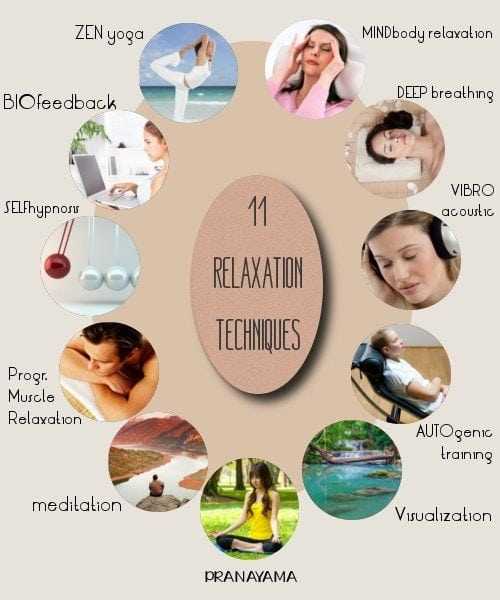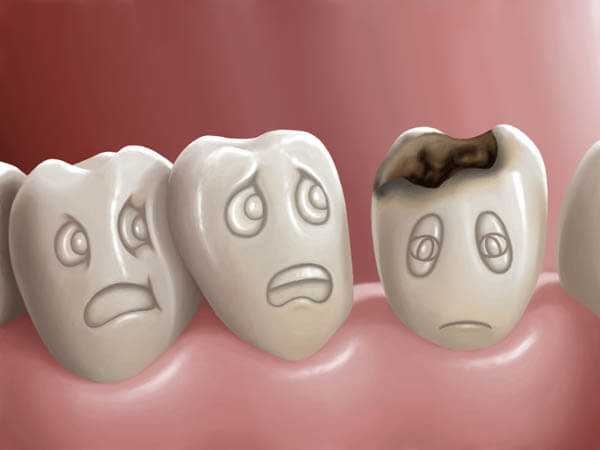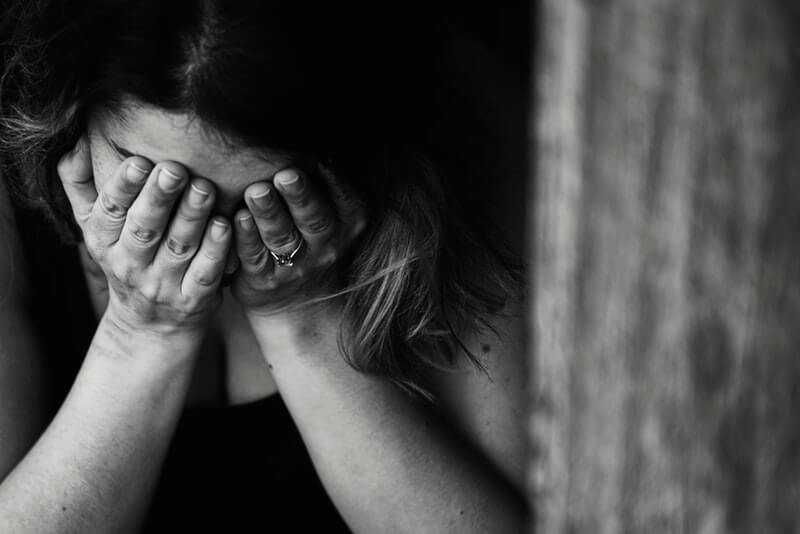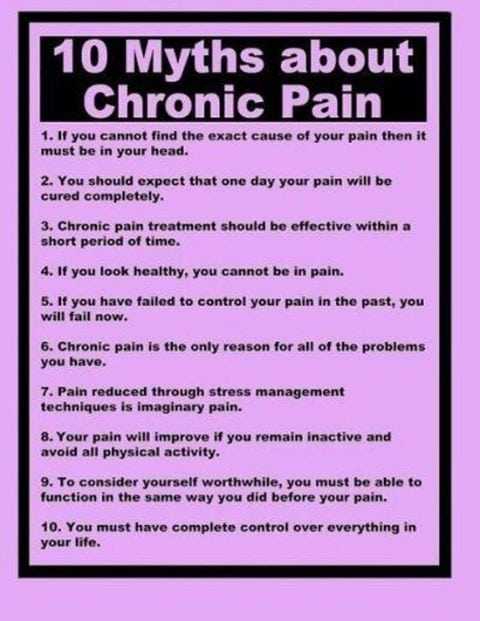Head Injury Causing Chronic Pain?
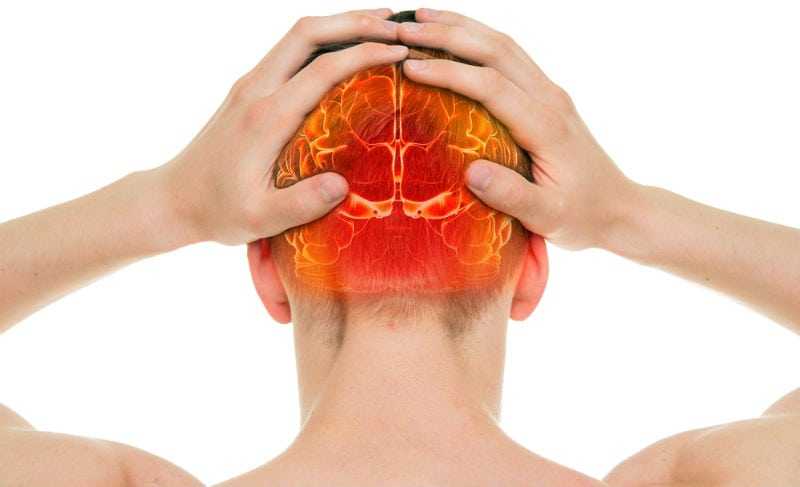
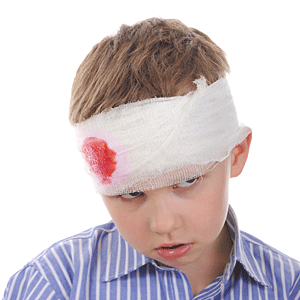
Head injuries are among the more serious injuries you can sustain in an accident or physical episode. They take quite a bit of time to heal, can affect all areas of the body – depending on the injury in question – and may result in chronic pain, depending on the extent of the injury. Dealing with a head injury of any type takes patience and a willingness to endure medical intervention on many levels, including frequent check-ups with a doctor, physical therapy to overcome chronic pain and sometimes even a rearrangement of lifestyle choices to accommodate the injury and the result of it.
Working closely with your family physician is a start to this process. This is the person that can guide you through the healing process and suggest the proper medications and healing techniques that you can utilize until you get well. This is also the person to whom you can go for advice as you deal with the repercussions of the head injury.
Additionally, get as engaged in any physical therapy you are undergoing as well, whether it’s prescribed by your doctor or self-induced. The harder you work to overcome the effects of a traumatic injury, the sooner you will see results and the more encouraged you will be about the process overall.
However, one of the most important things about dealing with head injuries is facing the chronic pain that often accompanies them. Because the brain controls the rest of the body, you may be facing both physical and emotional pain elsewhere that you hadn’t experienced before. For instance, many head injury patients tend to have chronic heads, back pain and other forms of chronic pain. Nerve damage can also occur from a head injury, depending on where the injury occurred and what other parts of the body were affected as a result. In fact, the more areas of your body injured and impacted, the more likely it is that you will face lasting and chronic pain.
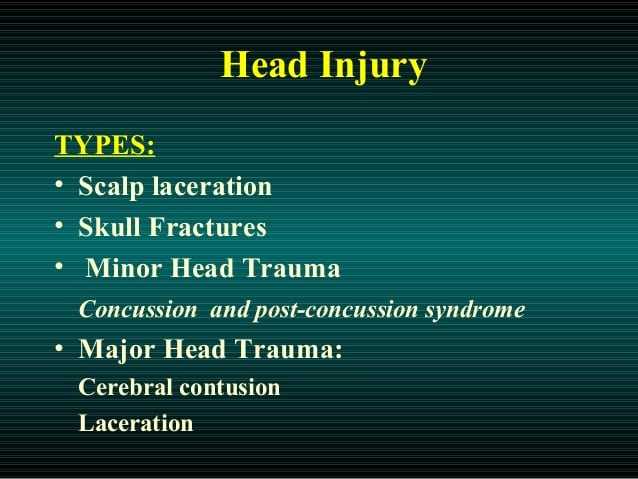
Because this pain is lasting, these patients tend to get frustrated and set themselves back emotionally in the healing process as a result. Understanding where this pain is coming from and learning how to deal with it on a regular basis can facilitate a healthier attitude about dealing with chronic pain and the time it may take for your head injury to heal properly. you can also look at it –Tips on Living With Chronic Pain . Depression is also a common side effect of chronic pain, so it is important to be aware of what the signs of depression are and seek medical attention if you feel down or blue for more than a few days. There are a number of medications on the market that can help you to function, even if temporarily, as you deal with a new life that includes chronic pain.
Relaxation techniques are also generally helpful for dealing with chronic pain, whether this pain was caused by a head injury or not. Massage therapy, acupuncture, chiropractic care and restorative exercises are all great ways to keep the body moving after a head injury. However, it is always advisable to talk over these plans with your doctor before embarking on a new plan in order to ensure that it is safe for you to do. If the doctor gives you the green light, then choose an activity that both moves your body and soothes your mind. This is a great way to deal with chronic pain without letting it get the best of you.
Head injuries can be scary and residual effects even more so; the more educated you are about your injury, the more involved in your care plan and the more willing you are to fight to overcome it, the better your chances of a full recovery. Chronic pain can be a lasting effect of your injury and it can be life-changing, but that doesn’t have to be for the negative. Dealing with chronic pain can leave you a stronger individual than you were before your injury, taking on challenges and completing them with strength you never knew you had.
